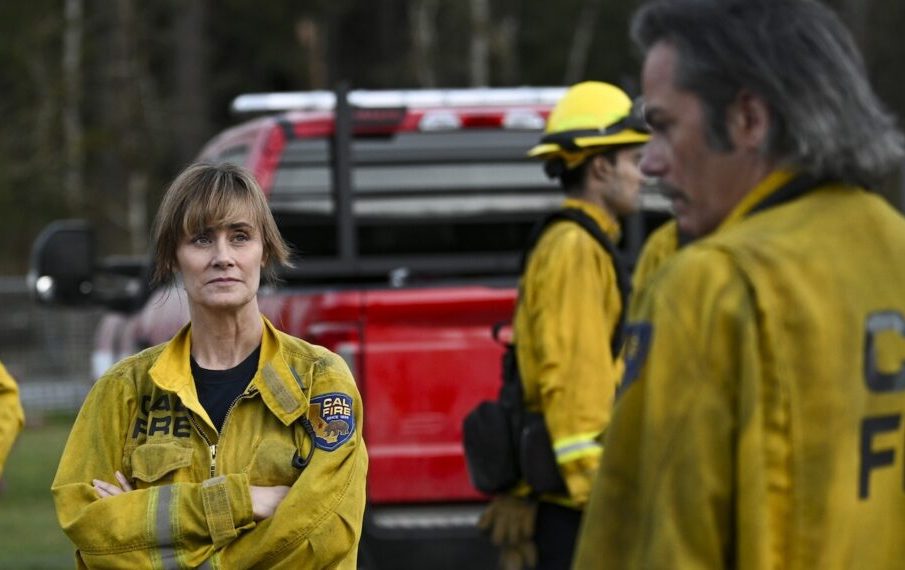Understanding the Growing Threat of Fire Country in the UK

The Rising Concern of Fire Country
As the effects of climate change become increasingly evident, the term ‘fire country’ has gained prominence in discussions surrounding environmental challenges. In the UK, the combination of hotter, drier summers and changing rainfall patterns has heightened the risk of wildfires, posing significant threats to ecosystems and local communities.
Recent Developments
In recent years, incidents of wildfires have surged across the UK, particularly in regions such as the Peak District and Dartmoor. For instance, a devastating fire that broke out in July 2023 in the North Yorkshire Moors burned over 300 hectares of land before it was contained. Firefighters faced challenges due to the dry conditions and high temperatures, leading to an urgent review of fire management strategies.
Impact on Ecosystems and Communities
Wildfires not only destroy habitats and threaten biodiversity but also endanger human safety and property. The wildlife and plant species that are native to these regions are particularly vulnerable, and many are struggling to adapt to such rapid changes in their environments. Additionally, smoke and air pollution generated during wildfires can have adverse effects on health, prompting concerns among local communities about long-term impacts.
Government and Community Responses
The UK government has begun to take proactive measures in addressing the fire country phenomenon. Initiatives include enhanced training for emergency services, better land management practices, and increased funding for forest fire prevention programmes. Community awareness campaigns are also being launched to educate residents about the importance of fire safety and prevention measures.
Looking Ahead
As climate change continues to escalate, experts warn that the phenomenon of fire country will only worsen unless significant actions are taken. Researchers advocate for stringent policies aimed at reducing carbon emissions and improving land management practices to mitigate potential fire hazards. It is crucial for residents to remain vigilant and prepared as the summer months approach, ensuring that they play a part in protecting their communities from the increasing threat of wildfires.
Conclusion
The growing incidence of wildfires and the emergence of fire country in the UK underline a pressing issue that requires collective efforts from governments, communities, and individuals alike. By fostering a culture of preparedness and implementing effective environmental policies, it is possible to mitigate the devastating impacts of these fires and protect the UK’s precious landscapes for future generations.









